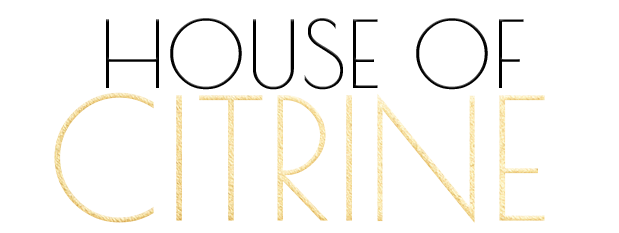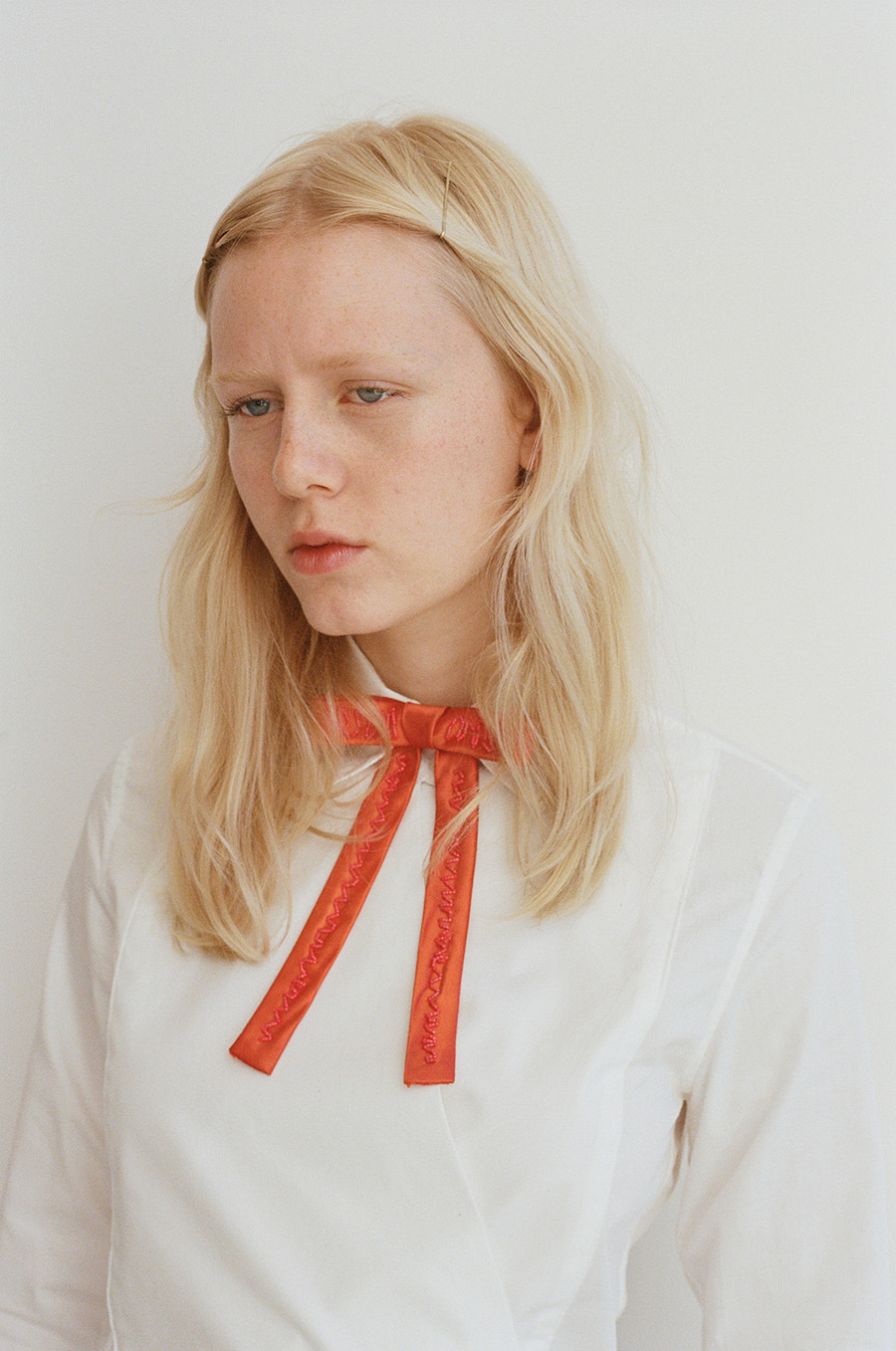Article by Karli Quinn
Town Clothes is a Los Angeles based women’s clothing line focused on long lasting minimal design by Krista Bachmeier Fox. Krista sources deadstock and overstock fabrics and uses organic US grown cotton when deadstock is not available. When dyeing her pieces she uses natural plant based dyes. Krista is influenced by her native state of California on all counts; the music, landscape, way of life, and her peers all lend to her creative process. She holds California near and dear to her and wishes to expand and educate herself and consumers about the importance of the slow fashion movement via Town Clothes.
Describe the slow fashion movement, your viewpoint on its stance today, and what you see for its future?
The slow fashion movement is quite similar to the farm to table movement that Alice Waters and the like helped establish. Slow fashion is about smart consumerism. As a consumer it’s about knowing where your garment is coming from, and knowing it was made with the least amount of waste possible in the healthiest way possible. It’s about being a proactive consumer and spending your money on thoughtful businesses. As a producer and maker it’s about knowing where your fabrics are coming from, what the process of making those fabrics is, who is sewing your garments, dyeing, etc. It’s about pure transparency and unfortunately this isn’t a task that is easily achieved. It’s not normal practice or procedure to think about these things. That’s not to say there aren’t designers out there who do care passionately about knowing these things but the information is not easily attained because it’s not a common practice. I hope that one day we can wear our clothes and know who sewed them, who grew the cotton and in which state, country, region. I want it to be completely transparent and I know that’s an idealist point of view but if we start small and local we can radicalize the fashion industry - one of the most detrimental industries in the world to both the environment and human rights.
Why do you think more people aren’t taking a sustainable approach in creating their garments and products?
I think a lot of people don’t think about it, it’s not a concern they are dealing with on a day-to-day basis because they are so wrapped up in the rat race that is the fashion world. They are busy staying on trend and staying relevant because not only is the fashion calendar making them stay up to speed but now there’s social media dictating how quickly a new style or season needs to be produced. So I think a lot of people are overwhelmed and the last thing on their minds is sustainable business practices. I do think it’s changing though. I mean I look around at my peers and all of their ideals and ethics are so in line with mine and it’s very uplifting and exciting. There seems to be a backlash uprising against the fast fashion ethos of yesterday. There’s a stronger sense of community and unity and I hope that keeps growing, I have faith that it will.
Your brand exists to expand and educate consumers about the slow fashion movement. What is something you would like to share with all fashion consumers?
It’s so important to support small brands with a thoughtful ideology because throwaway fashion is very unhealthy for our environment, our animals and most importantly other human beings! And if you can’t afford to support small brands a wonderful alternative is vintage and thrift clothing!
What would you like to ask or say to designers who are taking an unsustainable approach to design?
It’s like any industry— I would just want to know why they are doing what they are doing. Are you happy doing it, is your heart in it, what is the point of making it? There’s so much waste in this world already because of cheaply made clothing, why not go the extra mile and make it count.
Tell us about your style and how Town Clothes was born.
I have always gravitated towards people who look and act different from the norm. Music is a huge influence in my life and my design process. I grew up going to punk shows and have always been inspired by the free thinking and radicalized ideas that most punks live by. I’m also extremely into classic country and that plays a huge role in my design aesthetic. And I love uniforms, tailored pieces and androgyny. My good friend Sheila and I started Town Clothes a few years ago. We had both made the move from San Francisco and had always wanted to create something with one another as we have very similar taste and we get along well. Sheila has since left Town to pursue other artistic avenues but we will definitely collaborate on things in the future. Starting the business with her helped tame my anxiety to start this clothing line and I’m so thankful she helped make Town come to fruition.
How would you describe yourself as a consumer? As a designer?
As a consumer my motto is buy fewer buy better. I try to make informed and thoughtful decisions on where I spend my money. Whether it’s food, toiletries, clothing, furniture, plants, etc. I support small businesses and shop local whenever possible. As a designer it’s the same idea. I want to support my local community so all of my sewers, contract workers in general are located in Los Angeles. If I were to get a mass quantity of fabric naturally dyed (if I didn’t have time to do it myself) I would look to my friend Audrey Louise Reynolds to take on that job for me. I use vintage buttons, or have my friend Tyler Frome make them in his woodshop. And all of my trims are also organic, grown in the US. I try my hardest to make my business practices and my consumer practice as transparent as possible.
What is one of your favorite pieces and where do you wear it?
My favorite piece to wear that I’ve made is the Mara Jumpsuit. It’s a staple piece that I will make season after season in different fabrications. It’s basically a wrap jumpsuit and is flattering on almost every figure. I’ve worn it to weddings— my bridesmaids wore ones that I hand-dyed with marigold flowers to my wedding and I also just wear it out to get a cup of coffee. It can easily be dressed up or down.
What has been challenging to you in this business and how has it led to your growth as a designer and a person?
The hardest thing for me so far has been keeping on schedule and juggling my day job. It’s expensive to own your own business and even more expensive to live in California. And so that’s been the hardest thing for me as of yet, just balancing it all. That being said it’s helped me become more self-disciplined and aware of how valuable my time is.
Photo credit: Clara Balzary and Michelle Slater
Shop Town-Clothes.com












